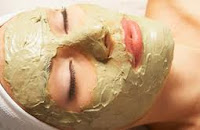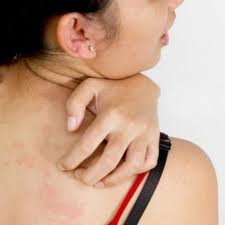Yes. The medication bimatoprost — marketed under the brand name Latisse — is approved by the Food and Drug Administration (FDA) to treat inadequate eyelashes (hypotrichosis).
Bimatoprost is also marketed under the brand name Lumigan, which is used in prescription eyedrops to treat glaucoma. Eyelash growth was an unexpected side effect of Lumigan, which led to the creation and marketing of Latisse.
With regular applications along the lash line of the upper eyelid, Latisse gradually encourages growth of longer, thicker and darker eyelashes. Latisse isn't meant to be applied to the lower eyelid.
With regular applications along the lash line of the upper eyelid, Latisse gradually encourages growth of longer, thicker and darker eyelashes. Latisse isn't meant to be applied to the lower eyelid.
For full results, you must use the medication daily for at least two months. Eyelash improvements remain as long as you continue to use the medication. When you stop using Latisse, your eyelashes will eventually return to their original appearance.
Potential side effects of Latisse include:
Itchy, red eyes
Dry eyes
Darkened eyelids
Darkened brown pigmentation in the colored part of the eye (iris)
Hair growth around the eyes if the medication regularly runs or drips off the eyelids
Although darkened eyelids might fade when the medication is stopped, any changes in iris color are likely to be permanent.
In one small study of people who have eyelash loss due to alopecia areata — a medical condition that causes temporary hair loss — Latisse triggered moderate eyelash growth for more than 40 percent of participants. Research isn't conclusive, however. In another small study of people who have alopecia areata, Latisse wasn't an effective treatment for eyelash growth.
If you're concerned about the appearance of your eyelashes, talk to your doctor. He or she can help you weigh the pros and cons of using an eyelash-growing medication.
Related Topics :
Potential side effects of Latisse include:
Itchy, red eyes
Dry eyes
Darkened eyelids
Darkened brown pigmentation in the colored part of the eye (iris)
Hair growth around the eyes if the medication regularly runs or drips off the eyelids
Although darkened eyelids might fade when the medication is stopped, any changes in iris color are likely to be permanent.
In one small study of people who have eyelash loss due to alopecia areata — a medical condition that causes temporary hair loss — Latisse triggered moderate eyelash growth for more than 40 percent of participants. Research isn't conclusive, however. In another small study of people who have alopecia areata, Latisse wasn't an effective treatment for eyelash growth.
If you're concerned about the appearance of your eyelashes, talk to your doctor. He or she can help you weigh the pros and cons of using an eyelash-growing medication.
Related Topics :
























